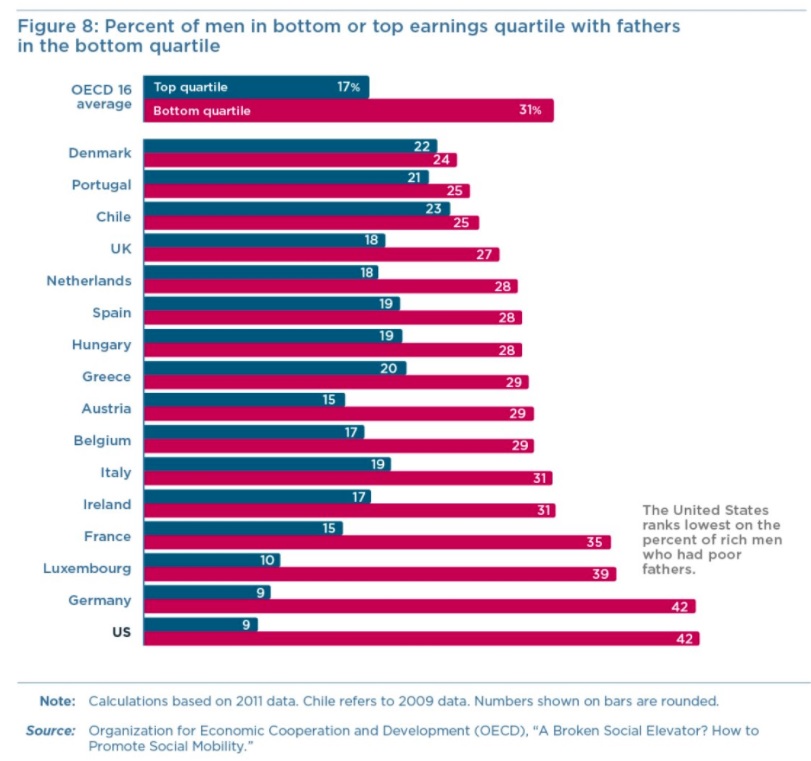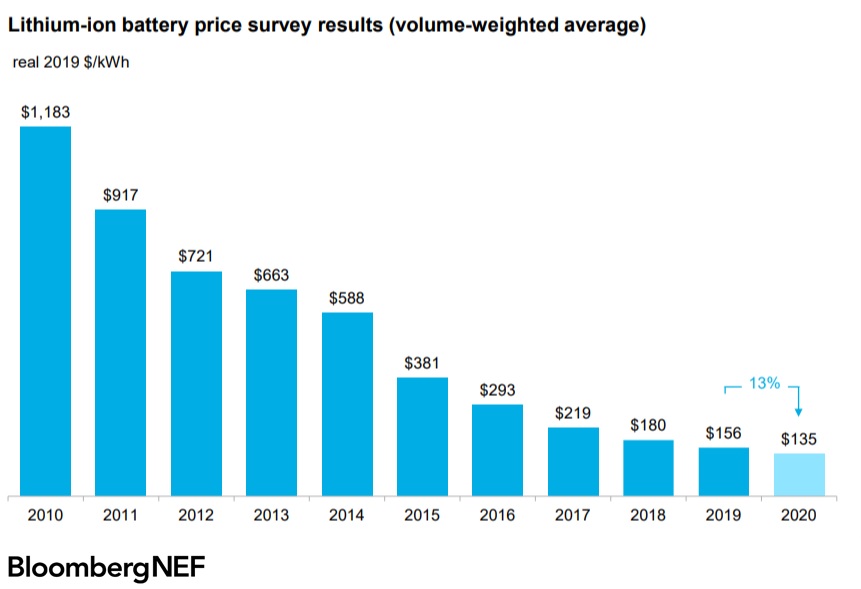Early Monday morning, someone we follow on Twitter for science information tweeted the big news: the London-based AI company, DeepMind, “made a gargantuan leap in solving one of biology’s grandest challenges — determining a protein’s 3D shape from its amino-acid sequence.” Now we’re not a molecular biologist, or even a biologist at all (though we are made of molecules), so we can’t vouch for the science or measure just how important it is. But those that can, actual molecular biologists, are all gob smacked by the achievement with more than one calling it the science achievement of the year. This breakthrough will “…enable quicker and more advanced drug discovery.”
Along with the stunning success in quickly developing a Covid-19 vaccine, the year 2020 may be underrated. So we turned to news sites to read more about this amazing protein achievement—and mostly all we saw in addition to Covid-19 coverage, which does deserve much attention, were innumerable stories about politics. We get politics is fun–what’s the old cliche? it’s sports for nerds—but news is not a synonym for politics. We are all increasingly ignorant of the most important developments in the world and an important factor in this is the news media itself. Of course, they are merely delivering what sells and we all apparently like to buy death, destruction and peril packaged in stories of political shenanigans. We do so at our peril. But we rescue you with data on where it’s easiest for the poor to become rich, more good news you aren’t being told about (this time on the environment) and introduce you to our new feature, China Corner. Yes, each week we will delve one way or another into another facet of China that you, well, need to know, all packaged nicely, like a Christmas/Hannukah/Chinese New Year’s present, in the China Corner section of this weekly email.
But a bit more ado first: we present the greatest jazz bagpipe player in the world. Click on it–it’s the music you didn’t realize you needed.
Without further ado, bagpipes or otherwise, here’s what you need to know.
Denmark and Chile’s Horatio Algers
The allure of the Horatio Alger story is evergreen. But in which countries is one most likely to move from poverty to wealth? Which are the countries with the most socio-economic mobility? An OECD study sheds light on this and unsurprisingly, Denmark does very well on this score. For example, in measuring the percentage of men in the top earnings quartile whose fathers were in the bottom quartile, Denmark has one of the highest percentages at 22 percent. In other words, a significant percentage of wealthy Danish men* come from poor families. Denmark has long been lauded for the equality of its society but it is also economically mobile (although it is lagging in success for its immigrants). Perhaps more surprising is how well Chile does on this score with 23 percent of men in the high earning category coming from fathers who were at the bottom of the economic pecking order. This adds to the conundrum we talked about last month about why there has been so much social unrest in Chile despite the country doing better on inequality and social mobility than most. After Chileans pass their new constitution, we will be interested to analyze its social mobility data in 10 or 20 years.
The Quiet Revolution
There is a woe is me quality to many in the world nowadays. We’re doomed, everything is getting worse, there is no hope. A friend of ours son believes there is no hope in fighting climate change. And yet, despite cries to the contrary, the world is getting better, and there is an energy revolution taking place that few are noticing. Electric vehicle sales, for example, are increasing rapidly in Europe thanks to technological advances and policy incentives. Electric vehicles share of passenger car sales in Europe are now up to nearly 10 percent. But how will the electricity that powers those cars be generated you may bemoan. Well, just about everywhere, including now it turns out, in India, solar is less expensive than coal. In fact, in India “building a new solar plant is now cheaper than running all existing coal boilers.” And battery costs continue to plummet. Just as science is conquering Covid-19 in record time with vaccines, so too is it providing paths to wrestle with climate change. We need lots more smart policy and investments, but the world, if only we’d take off our coal-smudged glasses, is looking much better than people realize.
China Corner: We See You
In our forthcoming book, Challenging China, we delve into how China is changing the liberal world order into one more friendly towards authoritarianism, including setting international standards on surveillance technology. In recent weeks we’ve been able to see this in practice in Uganda where the government has utilized Chinese surveillance technology to repress protestors.(Maybe Gatorade will do a “Be Like Xi” advertisement). Last year, the Ugandan government bought and installed technology from Huawei that uses cameras, operating centers and databases to track and find protestors. The installation of the technology continues: “Huawei staff and other experts from China are still in the process of installing an integrated system, part of a classified contract between the authorities in Kampala and Huawei to supply and install surveillance equipment in cities all over Uganda.” All of this takes place in the run-up to an election where the president of Uganda Yoweri Musaveni is hoping to extend his 34-year rule. Musaveni himself trumpeted the use of the new technology in a series of tweets last year, including the chilling one below where he invokes the imagery of a noose against those challenging his party’s (NRM) rule. Welcome to the post liberal world order.




